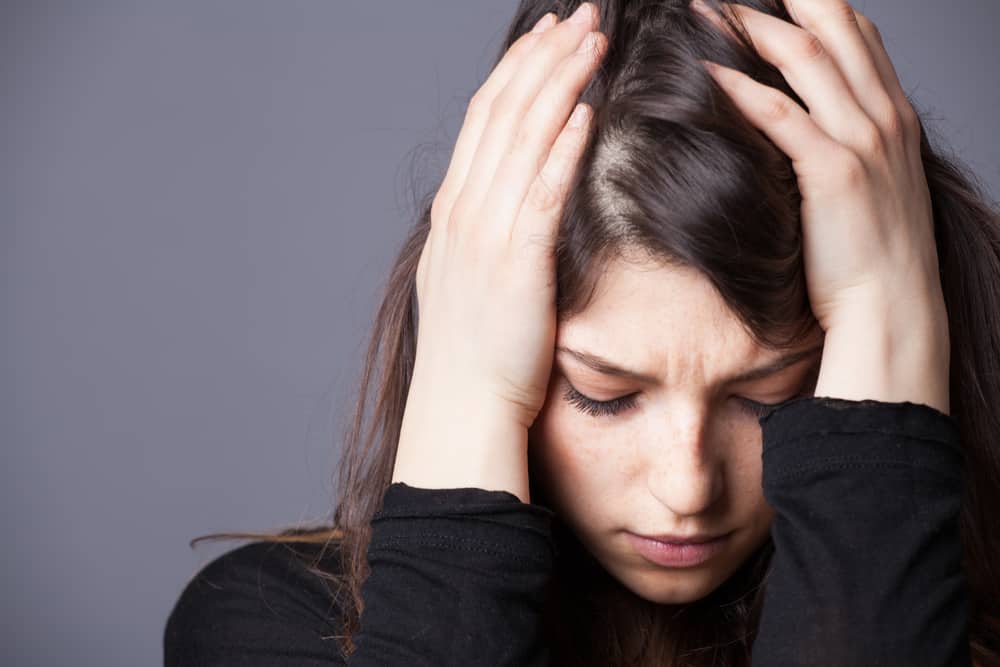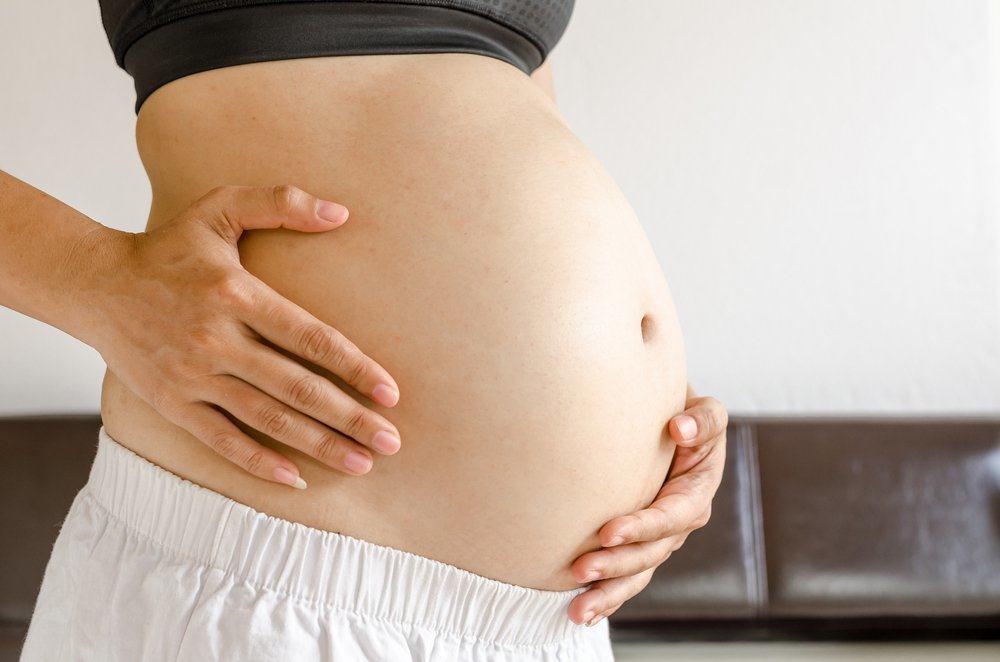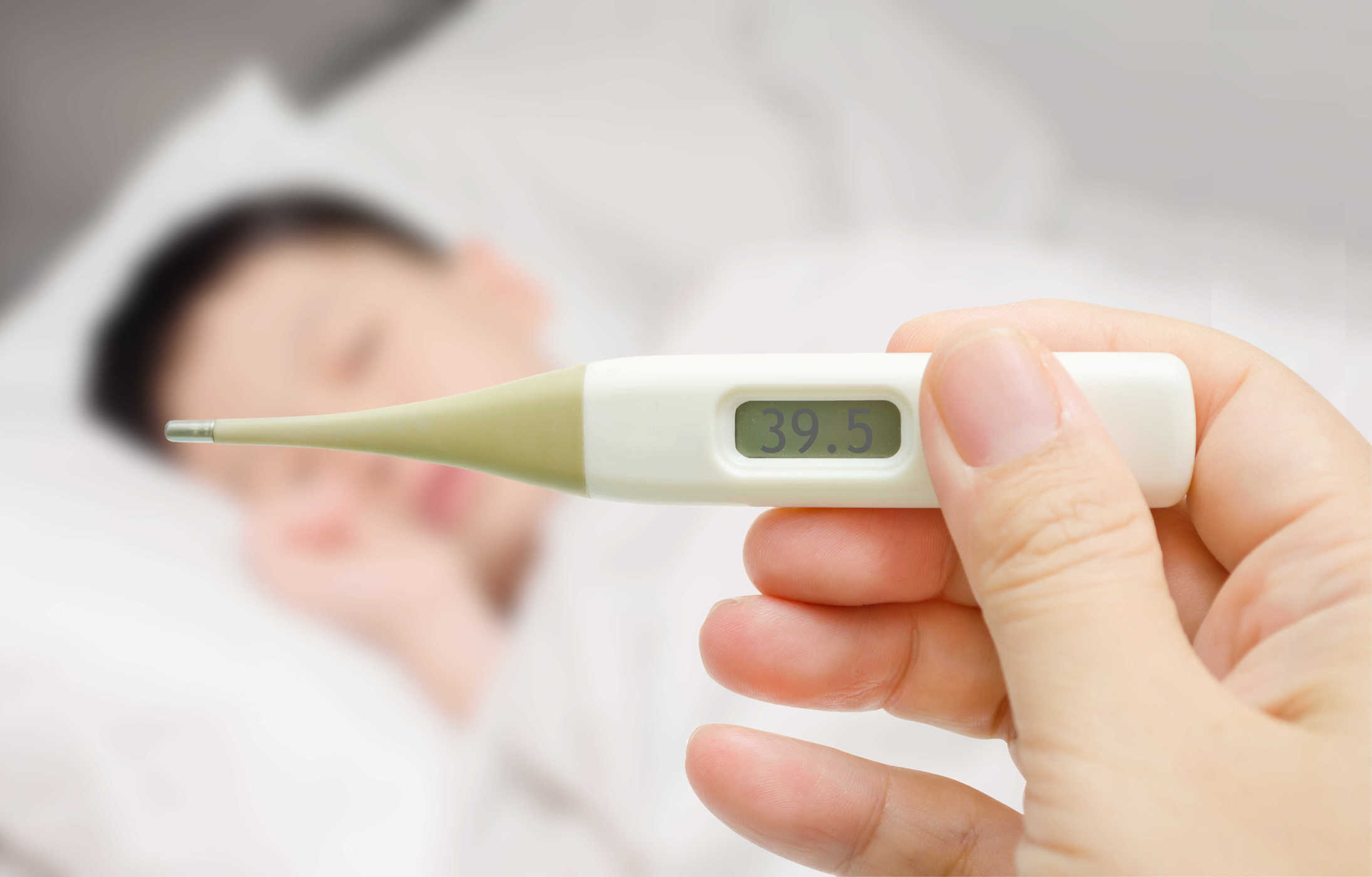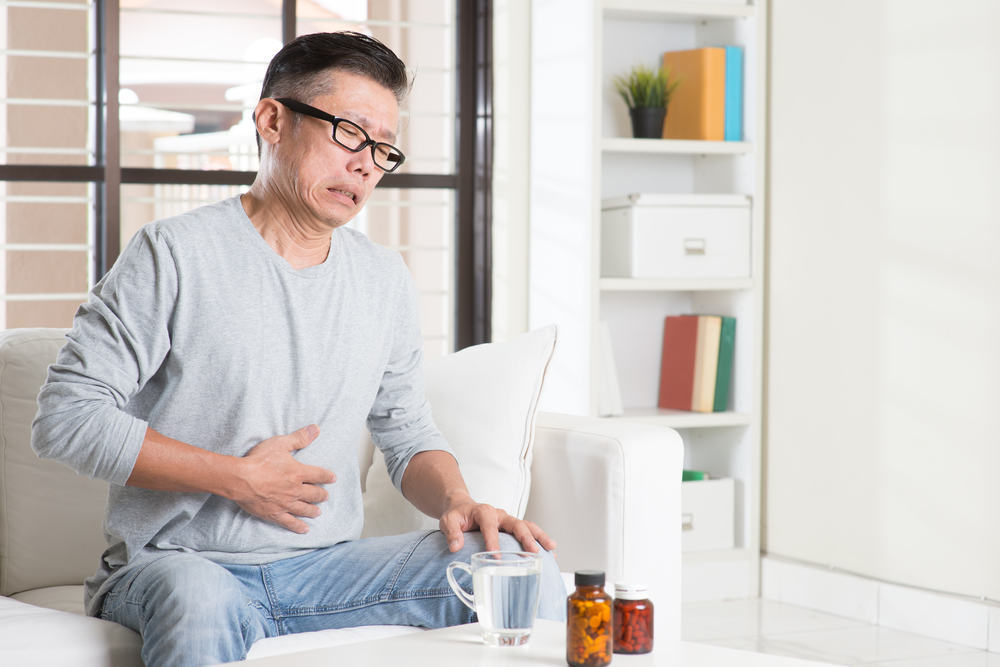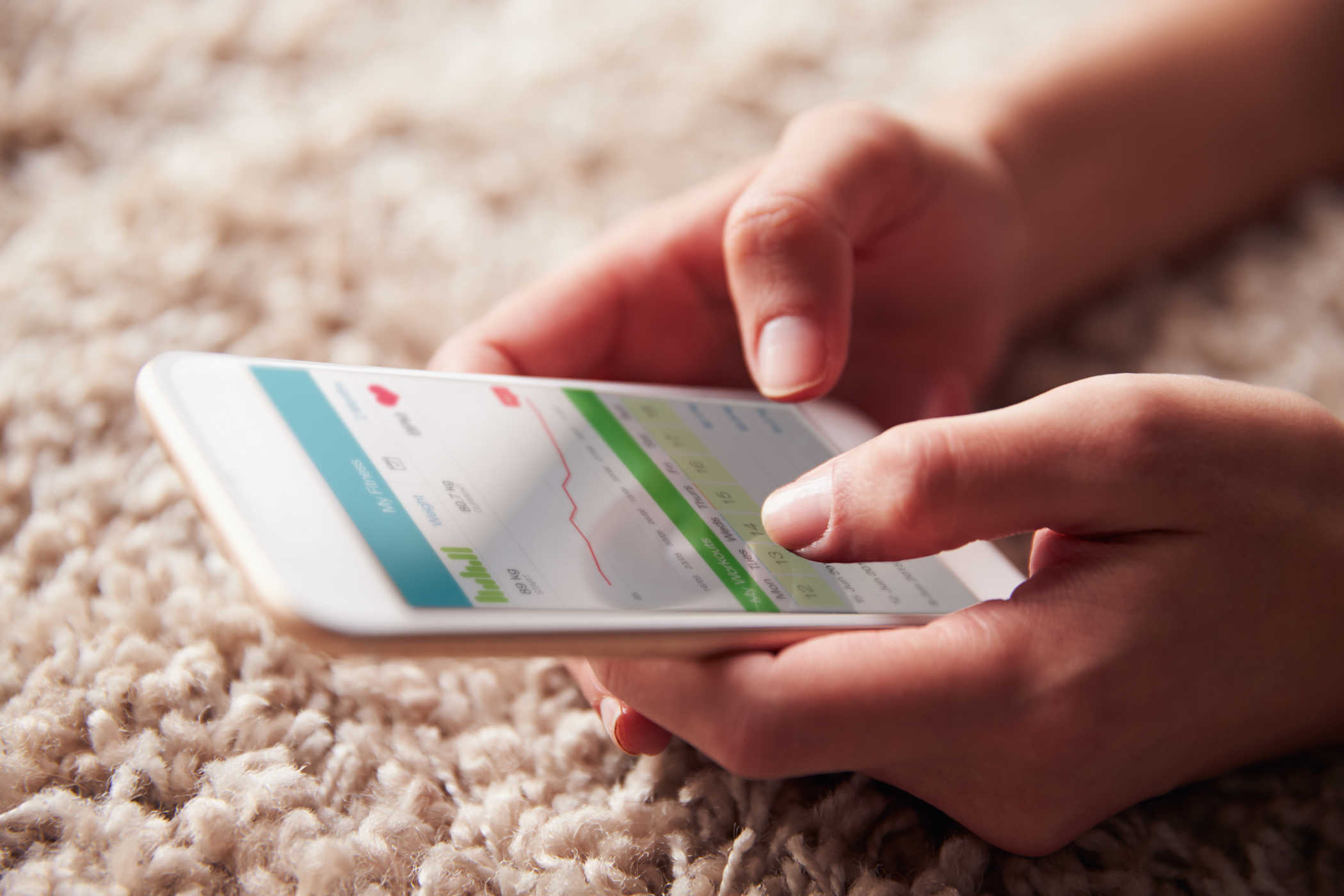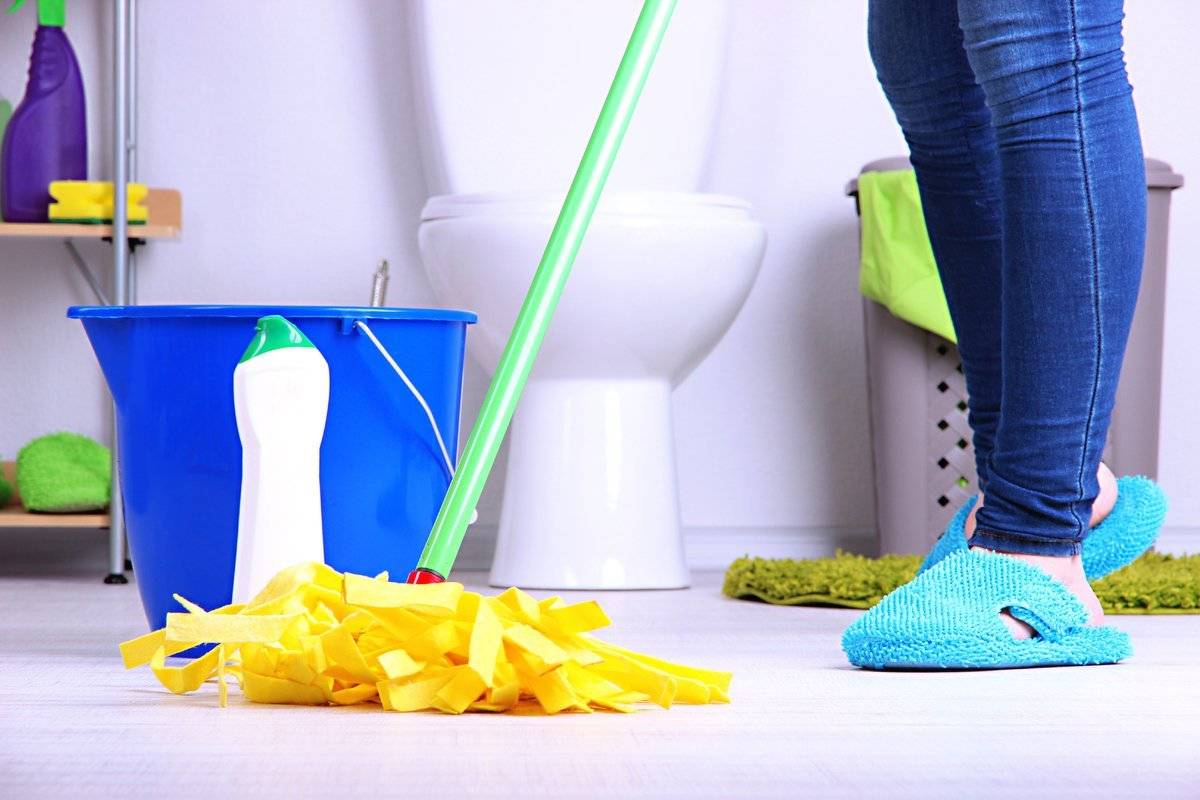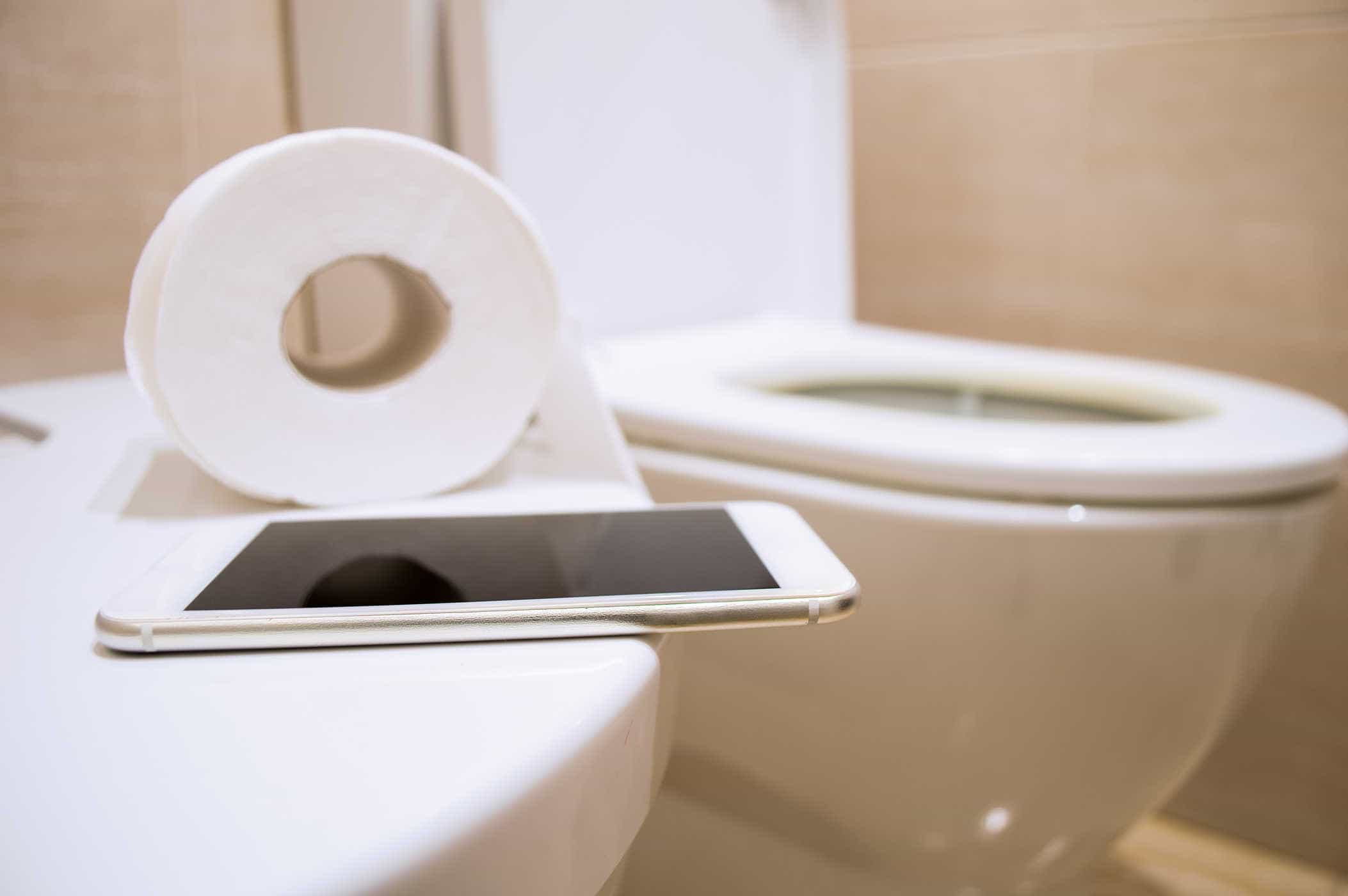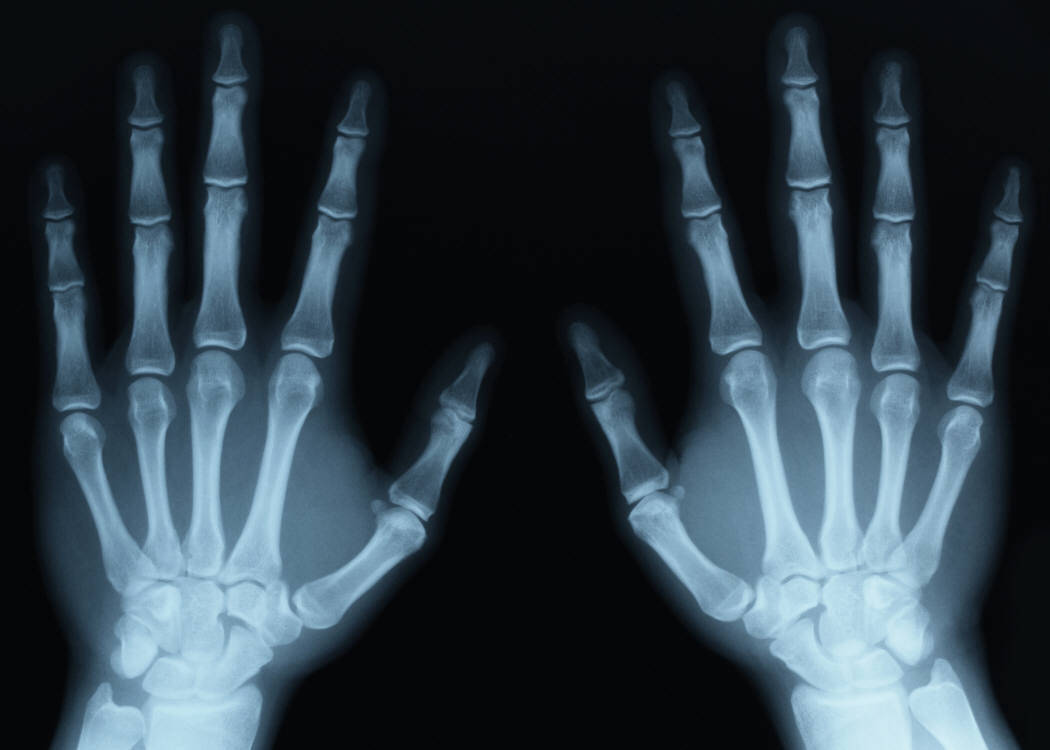Contents:
- Medical Video: Social Anxiety Symptoms
- Signs and symptoms of anxiety disorders that are physically visible
- 1. Muscle tension
- 2. Pimples appear
- 3. Compulsive behavior
- 4. Sleeplessness
- 5. Fear and lack of confidence
- How to diagnose anxiety disorders?
Medical Video: Social Anxiety Symptoms
Each type of anxiety disorder has unique symptoms. Anxiety disorders are usually easily known when you feel afraid of an object or an event that is actually not threatening, but suddenly changes to extreme and uncontrollable. Even though anxiety is a problem of the mind, symptoms of anxiety disorders can also be seen physically. What are the symptoms and how is the diagnosis? Check out the full review below.
Signs and symptoms of anxiety disorders that are physically visible
1. Muscle tension
One symptom of an anxiety disorder that can be seen physically is the appearance of pain throughout the body. Pain that is felt from migraines to pain in the joints. This will be obvious when the patient unconsciously grasps or emphasizes the jaw, clenches his fingers, or shows a bad body position. These various things are alleged to be the cause of muscle tension in patients with anxiety disorders.
2. Pimples appear
One study said that adults with acne problems were found to experience relatively high anxiety. This is because stress hormones during anxious conditions tend to increase so that oil production on the face also increases. As a result, pimples appear around the face.
Reporting from Medical Daily, according to Sandhya Ramrakha from the University of Otago, New Zealand, acne and anxiety are two different things, but they are related to one another. People who experience anxiety disorders have a habit of touching the face and causing irritation. So do not be surprised if then pimples start to thrive on the face.
3. Compulsive behavior
Obsessive compulsive disorder (OCD) is clearly characterized by thought symptoms and compulsive behaviors that are difficult to control. This compulsive behavior will continue until they feel the sensation of calm themselves. Examples are checking the door locks of the house, turning off the stove or lights, washing hands repeatedly until your daily activities are hampered and you cannot control your anxiety.
4. Sleeplessness
Having sleep problems can be associated with various health problems, both physically and psychologically. If you often wake up in the middle of the night with an uneasy condition, this might be one of the symptoms of an anxiety disorder.
Because the anxiety disorder is very close to the incidence of insomnia, even almost half of all sufferers of anxiety disorders have problems sleeping at night. People with anxiety disorders will often wake up in the middle of the night with a mind that continues to walk and cannot calm down.
5. Fear and lack of confidence
It becomes natural if you feel scared or not confident when you want a job interview or public speaking. But if this fear is too strong so you avoid it, you may experience symptoms of social anxiety disorder (social phobia).
Social phobia is an anxiety disorder that makes someone anti socialize, for example being reluctant to talk on the phone or chatting with other people at an event. People with social phobia will continue to try to avoid crowds and choose to be alone. Or if the sufferer succeeds in going through difficult times interacting, they tend to think about it and wonder about other people's evaluations of it.
People who experience social phobia usually show symptoms of anxiety disorders physically and easily recognizable. These physical symptoms include increased heart rate, sweating, nausea, stuttering, and trembling hands.
How to diagnose anxiety disorders?
If you feel that you are starting to show one or more of the symptoms of the anxiety disorder above, immediately consult your doctor. Your doctor will probably do a physical examination and laboratory tests to confirm the diagnosis, whether you have certain anxiety disorders or other health problems.
If you don't show symptoms of other health problems, your doctor will likely refer you directly to a psychiatrist or psychologist to diagnose and treat your mental health problems.

